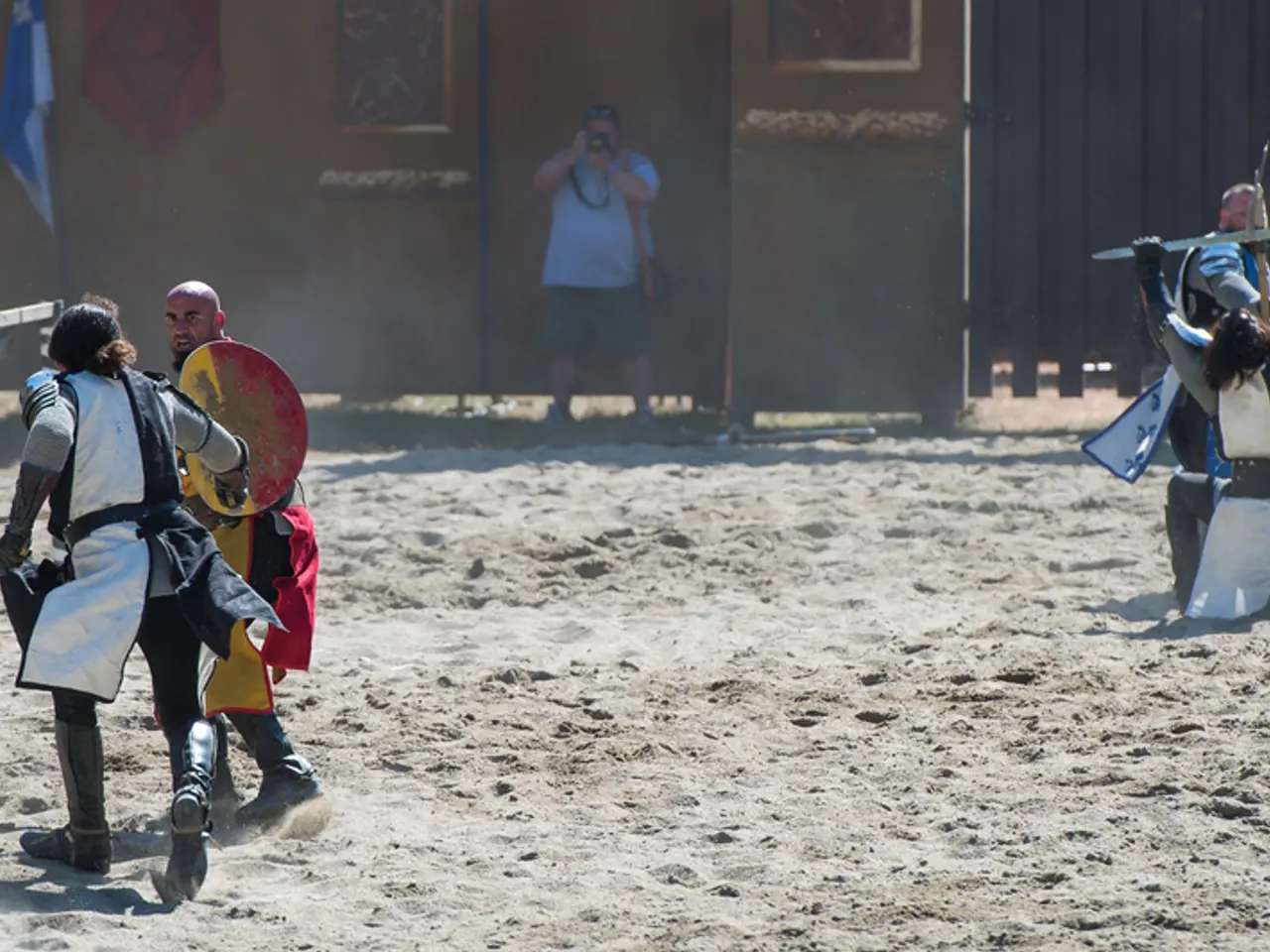Escalating border conflicts result in another civilian casualty, raising the death toll to fifteen in Thailand.
In an update given on Tuesday, Dr Varoth Chotpitayasunondh, spokesperson for the Public Health Ministry, provided information about the current injury situation. As of 11am on Tuesday, there were 12 severe injuries, 13 moderate injuries, and 13 minor injuries reported. Eleven injured individuals have since been discharged from the hospital, leaving 14 still receiving treatment. Tragically, the civilian death toll from the Thai-Cambodian border clashes has risen to 15, with one more civilian killed in Surin on Monday.
However, the mental health impact of the conflict is proving to be a significant and widespread concern. According to recent reports, nearly two-thirds (66%) of displaced Cambodian families are experiencing severe psychological distress. Symptoms include fear, anxiety, anger, disrupted sleep, and difficulty concentrating. Both children and adults have been affected, with about 58% of children remaining fearful after exposure to violence, while 56% of adults feel physically safe but remain emotionally distressed.
The trauma stems from witnessing bombings, shootings, displacement chaos, and loss of relatives. To address this crisis, humanitarian organisations like World Vision are providing informal learning programs at sanctuary centers. These programs offer activities such as drawing, puzzles, reading, and group games to help children feel safe and reduce stress through education and play.
The Royal Thai Army has also taken steps to support the mental health of soldiers involved in the operation. They have established specialized mental health teams called M-MCATT (Military Mental Health Crisis Assessment and Treatment Team). These teams provide psychological assessments, counseling, initial treatments, and referrals to specialized care. Thailand’s military medical strategy includes pre-deployment screening and training, ongoing psychological and physical health support during missions, and post-deployment monitoring and rehabilitation to prevent long-term trauma.
These measures highlight efforts to address the widespread psychological impact on both civilians displaced by the conflict and military personnel involved in the operation. The mental health crisis among evacuees is severe and ongoing, necessitating continued support through both humanitarian aid and military medical services to help affected populations recover from the traumatic events.
[1] World Vision. (2025). Mental Health Crisis Among Evacuees of Thailand-Cambodia Border Clashes. Retrieved from www.worldvision.org/thailand-cambodia-border-clashes-mental-health
[2] UNHCR. (2025). Over 300,000 People Displaced by Thailand-Cambodia Border Clashes. Retrieved from www.unhcr.org/thailand-cambodia-border-clashes-displacement
[3] Royal Thai Army. (2025). Mental Health Support for Soldiers Deployed at the Border. Retrieved from www.thaigov.go.th/royalthaiarmy/mental-health-support-for-soldiers-deployed-at-the-border
[4] The Nation. (2025). Thousands Flee Violence Since Late July. Retrieved from www.nationthailand.com/news/30393194
[5] Public Health Ministry. (2025). Mental Health Support for Evacuees of Thailand-Cambodia Border Clashes. Retrieved from www.health.go.th/mental-health-support-for-evacuees-of-thailand-cambodia-border-clashes
- The mental health impact of the Thailand-Cambodia border clashes is a significant concern, with nearly two-thirds of displaced Cambodian families experiencing severe psychological distress.
- To address this mental health crisis, humanitarian organizations like World Vision are providing support through activities like informal learning programs at sanctuary centers.
- The Royal Thai Army is also taking steps to support the mental health of soldiers involved in the operation, through measures such as establishing specialized mental health teams and providing psychological assessments, counseling, and referrals to specialized care.
- In the wake of the widespread psychological impact on both civilians displaced by the conflict and military personnel involved in the operation, continued support through humanitarian aid, military medical services, and general news updates is necessary to help affected populations recover from the traumatic events.




